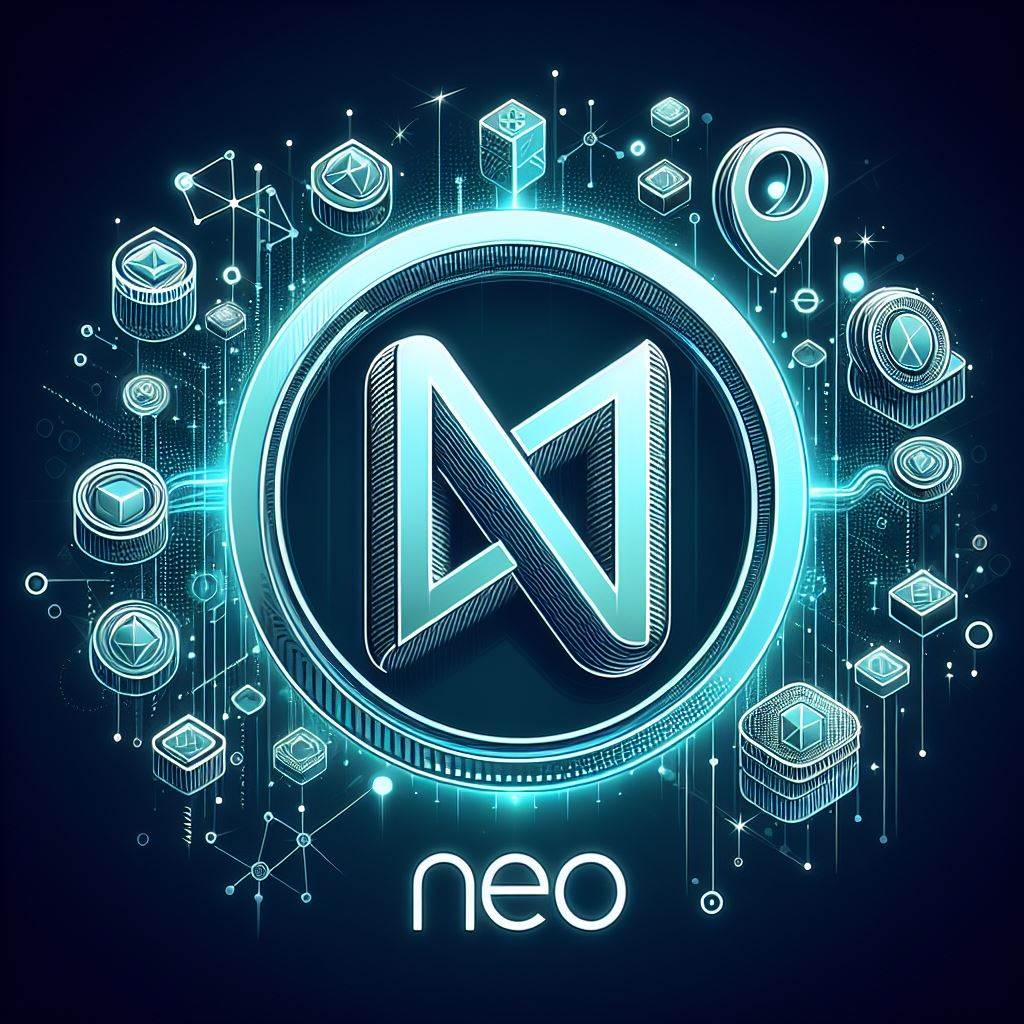Understanding NEO: The Next Generation Smart Economy Platform
Introduction
Cryptocurrencies have taken the world by storm, with Bitcoin and Ethereum leading the pack in terms of market capitalization. However, there are numerous other projects vying for a spot in this rapidly growing industry. One such project is NEO, often referred to as the „Chinese Ethereum.“ This article aims to provide a comprehensive overview of NEO, its history, technology, use cases, and potential future developments.
What is NEO?
NEO is a decentralized, open-source blockchain platform that enables the development of smart contracts and digital assets. Founded in 2014 by Da Hongfei and Erik Zhang under the name Antshares, it rebranded to NEO in June 2017 during a successful Initial Coin Offering (ICO). Since then, NEO has garnered significant attention due to its innovative features and ambitious vision of creating a „smart economy“ powered by blockchain technology.
Key Features of NEO
- Dual Token System – NEO utilizes two native tokens: NEO (previously known as Anticoins or ANS), which represents ownership rights over the NEO blockchain; and GAS, used as fuel to pay for transaction fees on the network. Users can obtain GAS through staking their NEO holdings.
- Delegated Byzantine Fault Tolerance (dBFT) Consensus Mechanism – Unlike Proof of Work (PoW) or Proof of Stake (PoS), dBFT offers faster transaction speeds and lower energy consumption while maintaining high levels of security. It achieves consensus through bookkeeping nodes elected by token holders who vote based on their stake in the system.
- Support for Multiple Programming Languages – Developers can build applications using familiar programming languages like Python, Java, C#, Go, and Kotlin without needing to learn new ones specifically designed for blockchains.
- NeoFS & NeoQS – Two upcoming features aimed at enhancing data storage capabilities and improving quantum resistance respectively. NeoFS will enable decentralized file storage, whereas NeoQS seeks to protect against attacks from quantum computers.
Use Cases of NEO
- Digital Assets – NEO allows users to create and manage various types of digital assets securely within its ecosystem. These could range from shares, stocks, equity, real estate, and even voting rights.
- Decentralized Applications (DApps) – Similar to Ethereum, developers can build robust DApps catering to different industries such as finance, gaming, supply chain management, and more. Examples include Red Pulse, Qlink, and OnChain.
- Cross-Chain Interoperability – Through initiatives like City of Zion’s Poly Network, NEO plans to facilitate interoperability between multiple blockchains, enabling seamless transfer of value across networks.
Partnerships and Adoption
NEO has formed strategic partnerships with several organizations, governments, and businesses worldwide. Some notable collaborations include:
- Alibaba Group – Although not directly affiliated with NEO, Chinese e-commerce giant Alibaba expressed interest in exploring blockchain technologies, hiring some former NEO developers onto their team.
- Microsoft China – In collaboration with Microsoft, NEO launched the Blockchain-as-a-Service (BaaS) initiative on Azure, allowing developers to quickly deploy and manage private consortium chains.
- OnChain – A Shanghai-based company co-founded by Da Hongfei, focusing on developing enterprise-level blockchain solutions integrated with regulatory requirements.
Future Outlook
Despite facing fierce competition from established players like Ethereum and EOS, NEO continues to innovate and expand its footprint within the global blockchain landscape. With ongoing advancements in infrastructure, developer tools, and community engagement, NEO remains poised for growth and adoption in both mainstream enterprises and grassroots projects alike.
Conclusion
In summary, NEO presents itself as a versatile, scalable, and user-friendly blockchain platform capable of fostering next-generation smart economies. Its dual token model, support for popular programming languages, and unique consensus mechanism set it apart from competitors while offering promising opportunities for developers, investors, and end-users. While challenges lie ahead, NEO’s commitment to innovation positions it well among top contenders shaping the future of blockchain technology.
